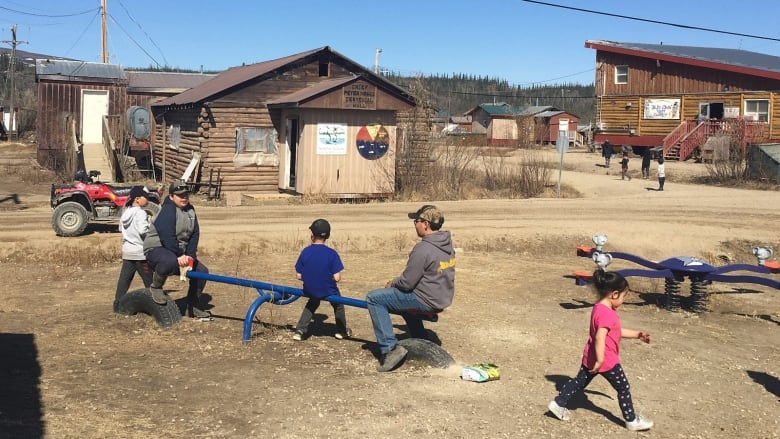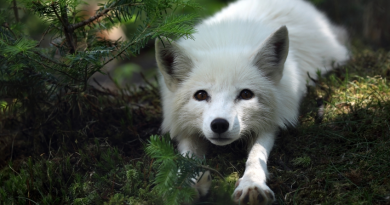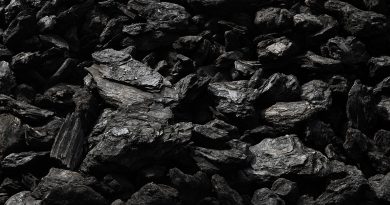Indigenous community in northwestern Canada declares climate change state of emergency

Officials in the Yukon’s most northern community have declared a state of emergency, saying the traditional way of life in Old Crow is under threat from climate change.
“It’s going to be the blink of an eye before my great grandchild is living in a completely different territory, and if that’s not an emergency, I don’t know what is,” said Dana Tizya-Tramm, chief of the Vuntut Gwitchin First Nation, after a ceremony marking the state of emergency May 19.
Tizya-Tramm said climate change is dramatically altering the landscape of Old Crow, directly putting his people’s culture in jeopardy.
“We are seeing birds up in our community we have never seen before. Their migrations are changing, the snow is changing, the rivers are changing.
“Everything is changing right in front of our eyes.”
Lorraine Netro, a member of the Vuntut Gwitchin First Nation and an environmental advocate, said she’s scared about what could happen if people don’t start working now to reverse the effects of climate change.
“We’re spiritually connected to our land, to our water and to our animals, and it’s our sole responsibility to make sure we do everything in our power to take care of the land and water for future generations,” she said.

Tizya-Tramm said the declaration does not come with a request for funding. Instead, he hopes it creates a pathway for other Indigenous communities to follow.
“And from here we hope to create an Indigenous climate accord, whether it be pan-Arctic or right across the Arctic circle, but it should start with the Arctic,” he said.
Tizya-Tramm is working closely with Kluane Ademek, the Yukon regional chief for the Assembly of First Nations, to bring other Yukon First Nations on board.
Next month, delegates from the Vuntut Gwitchin will take their declaration “six hours downriver” to Fort Yukon, Alaska, Tizya-Tramm said.
That’s where the Gwich’in Steering Committee is holding the Arctic Indigenous Climate Summit. Gwich’in delegates from communities across the North will travel there to share their concerns about climate change, the welfare of the Porcupine caribou herd and food security.
Related stories from around the North:
Canada: Canadian Arctic is warmest it’s been in 10,000 years: study, CBC News
Finland: Psychologists in Finland sign climate petition, citing concerns for youth mental health, Yle News
Norway: Temperatures on Svalbard have been above normal for 100 straight months, The Independent Barents Observer
Russia: Warmest winter ever on the Northern Sea Route, The Independent Barents Observer
Sweden: Sweden’s emissions are rising instead of falling, Radio Sweden
United States: Alaska’s largest city unveils climate plan calling for 80 percent emissions cut by 2050, Alaska Public Media



